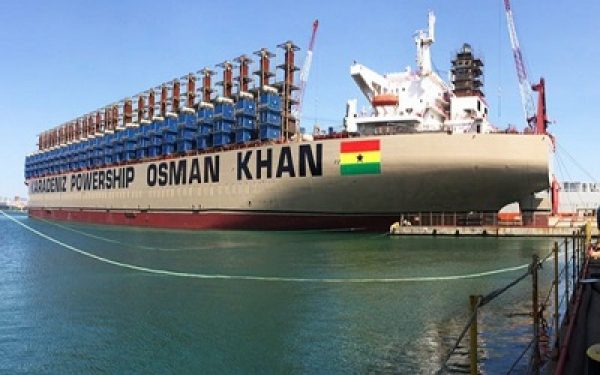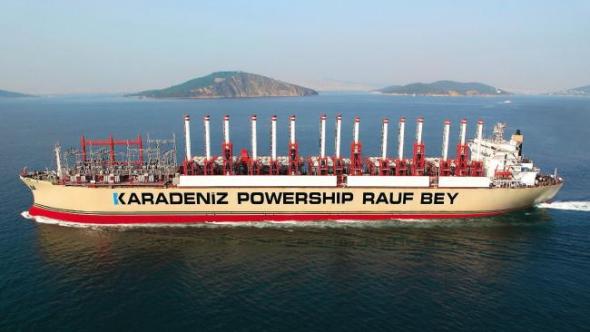Energy Minister Boakye Agyarko, who confirmed this to The Finder, explained that it does not make good economic sense to have short-term power contracts since that makes the tariffs excessive.
Karpowership tariff reduced by 25%
According to him, the extension was only agreed after negotiations reduced the tariff by about 25%.
“You contract for power over the long term to make it part and parcel of your long-term power architecture and infrastructure,” he emphasised.
300MW required in the west to stabilise national grid
Furthermore, Agyarko explained that for the purposes of stabilising the national grid, the country must always have about 300megawatts (MW) of indigenous generation in the west.
According to him, due to inadequate indigenous generation in the west, Ghana had to import power from Cote d’Ivoire to stabilise the national grid.
The Energy Minister explained that there had been many problems with that arrangement of importing power from Cote d’Ivoire to stabilise the national grid.
Karpowership to ensure grid stability in the west
Agyarko stated that the 450MW Karpowership would be moved to Takoradi in the Western Region to ensure grid stability in the west.
Karpowership to use excess gas from Jubilee and TEN fields
In addition, he said, relocating Karpowership to Takoradi would ensure the use of the excess gas from the Jubilee and Tweneboa-Enyenra-Ntomme (TEN) fields rather than transport the gas east, only to be used for the same power generation.
The powership, the largest of its kind in the world, arrived on the shores of the country in August and started operations October 2017.
Per the Power Purchase Agreement signed with the Electricity Company of Ghana (ECG), Karpowership Ghana Company Limited is required to provide a total of 450MW of power onto the national grid for a period of 10 years.
But an agreement has been reached to extend the contract to 20 years.
The powership is currently using low Sulphur Heavy Fuel Oil (HFO) to generate electricity, but the fuel will be converted to natural gas as soon as local natural gas supplies become available.
Karpowership contract to be extended to 20 years
- Posted on
- Comment
 -After govt negotiates about 25% reduction in the tariff
-After govt negotiates about 25% reduction in the tariff
Government is to extend the contract of Karpowership Ghana Company Limited from the initial 10 years to 20 years.
By Elvis DARKO, Accra








 (Selorm) |
(Selorm) |  (Nana Kwesi)
(Nana Kwesi)